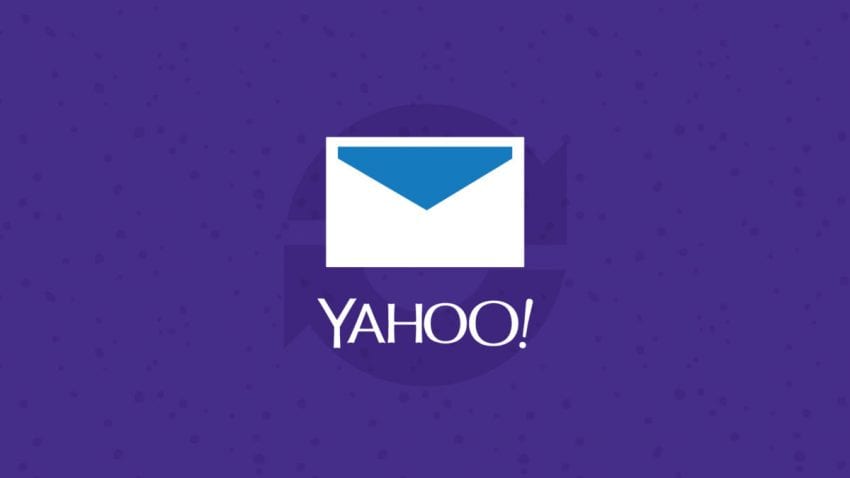Communicating with an attorney on any matter comes with a reasonable expectation of privacy. Communications are also protected by the legal standard of attorney-client privilege. And yet, that privilege doesn’t necessarily guarantee privacy. A 2006 case involving the use of a public e-mail service demonstrates that very thing. The case is compelling evidence in favor of creating a controlled, secure environment through which attorneys and their clients can communicate.

The case in question involved a client who used Yahoo! mail to communicate with his attorney. All e-mails back and forth physically resided on Yahoo! servers, yet they were converted to screenshots and downloaded to the clients work computer when he viewed them. The question before the court was whether or not those screenshots were subject to the same attorney-client privilege.
How E-Mail Applications Work
Web-based e-mail services like Yahoo! mail and Gmail rely on HTML to display e-mails in a standard web browser. As such, e-mails are not directly downloaded to a user’s computer. They are saved as images in the browser cache.
In the event a user chooses a dedicated e-mail client like Thunderbird or Evolution, e-mails are physically downloaded to the computer and stored in an internal database. The attorney-client privilege is not questioned until and unless a client views his or her e-mail on a computer belonging to someone else.
According to the judge who ruled on the case, the client in question had no way of knowing that copies of his e-mails were being saved to his work computer hard drive. The judge rejected the employer’s contention that the e-mails were no longer protected because all employees had been warned that their online activity via company computers would be monitored.
A Separate, Secure Environment
The actual details of the court case aren’t important for the purposes of this article. What’s important is the fact that traditional e-mail always puts communications at risk. Even if a client communicates with an attorney using his or her own computer, it’s still possible for anyone who gains access to that computer to also gain access to the e-mails.
A separate and secure environment is the solution, explains the makers of the NuLaw legal case management software. Such an environment, hosted in the cloud, allows everyone involved on a particular case to freely communicate without having to worry about keeping things private.
Such an environment can be created within a cloud-based legal software environment. Because the software is based in the cloud, nothing actually resides on individual computers. There is nothing left in the desktop or laptop cache that could be accessed by anyone other than the most experienced hacker.
A Collaborative Environment

There is another advantage to a cloud-based communications environment in that it encourages collaboration. The best way to understand this is to imagine e-mails going back and forth between attorneys and clients. The attorney and client can communicate freely, but what if the attorney wants to get other staff members involved? He or she must then forward e-mails to those staff members or create some sort of group e-mail.
Group e-mails are functional, but not very collaborative. A secure, online space that functions more like an ongoing chat room is a better way to communicate in a legal environment. It encourages attorneys, clients, and support staff to all collaborate as the case progresses.
E-mail is certainly one way for attorneys and clients to communicate. But as the court case described in this article shows, it’s not the best way. A better way is through a controlled, secure environment built into a law firm’s case management software.









